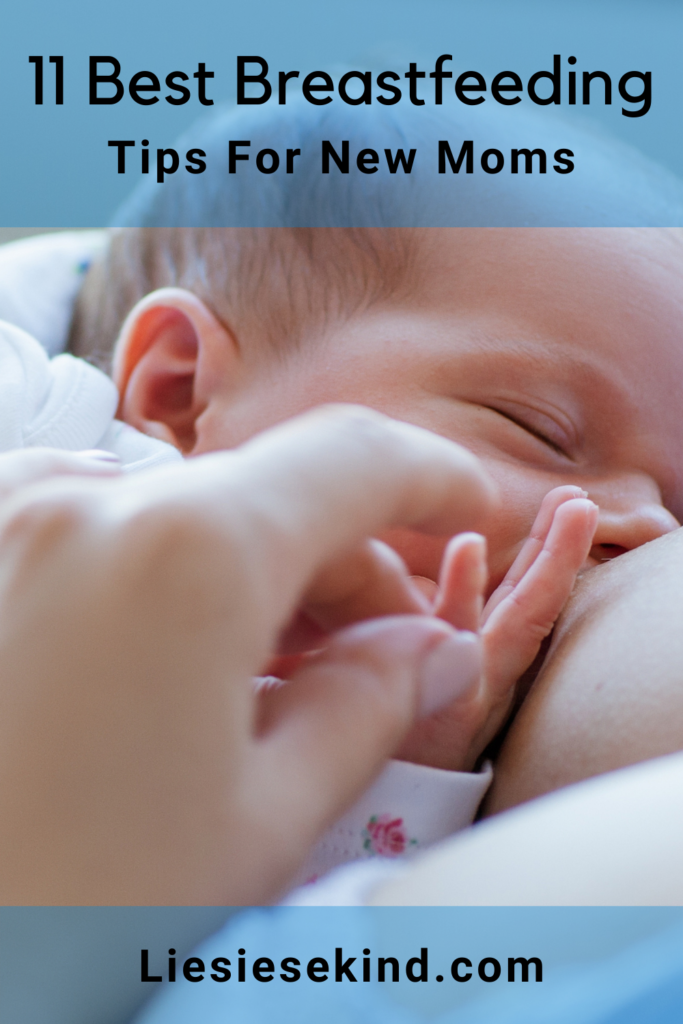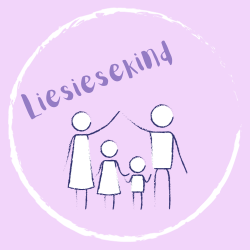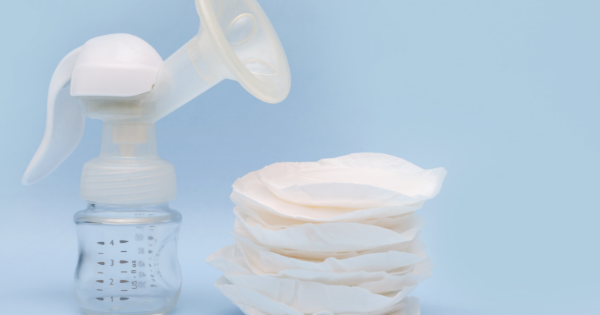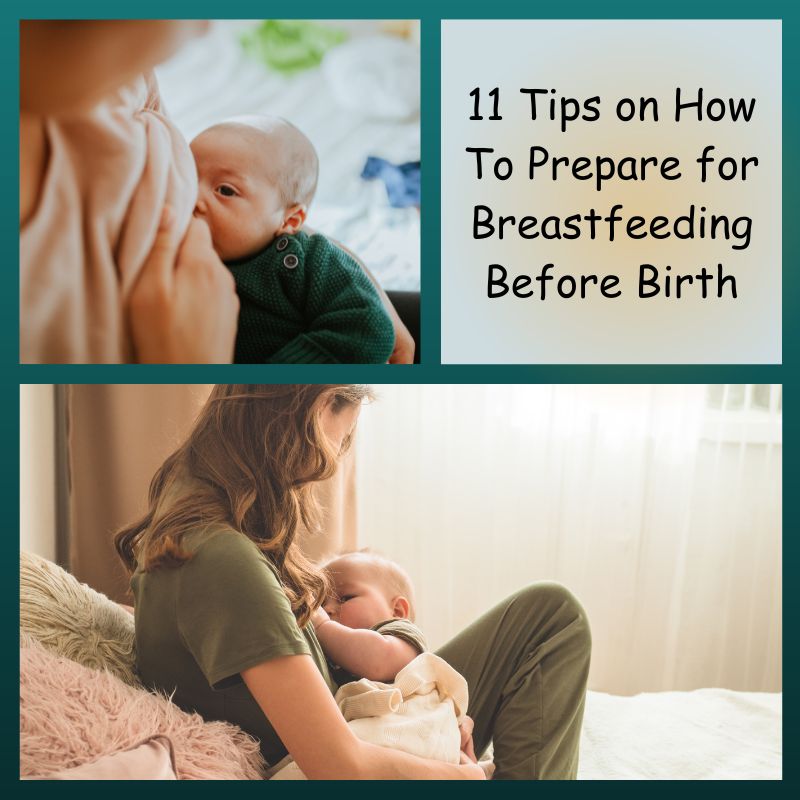In this post I will be sharing 11 Best breastfeeding tips for new moms that could really make your nursing journey a fulfilling and successful one. The best way to create an everlasting bond with your newborn, and provide him with the essential nutrients his tiny body needs is through breastfeeding. Nursing your baby is a bit of a learning curve at first and you might need to try different positions before you find one that is most comfortable for you and your baby.
When I had my baby five years ago, I struggled at first. And with my husband and the nurse trying to “help” me, it didn’t make it easier, in fact, I got overwhelmed and nearly gave up. But as soon as I was alone with my baby and I felt relaxed, I tried again, and it worked. I couldn’t breastfeed for long because my milk supply started deteriorating and even with the pills that I took to boost my milk supply, it still wasn’t enough to breastfeed him exclusively. But I did manage to breastfeed him for eight weeks. So, at least he got some of my milk.
To make things a little easier on you, I want to share 11 best breastfeeding tips for new moms with you.
11 Best Breastfeeding Tips For New Moms

Check For Hunger Cues
Instead of waiting for your baby to start crying, rather anticipate his needs by being on the lookout for certain hunger cues. When babies get hungry, they might:
- Repeatedly raise or turn their heads.
- Suck on their fingers or whatever is close.
- Stick out their tongues.
Whenever you notice any of these signs, offer your breast. Giving him what he needs will make him happy, plus it will strengthen the bond between you two.
Feed Your Baby on Demand
Your baby knows his feeding needs better than anyone, so let him show you how often to breastfeed. You don’t have to stick to a specific feeding schedule. If he is sleeping peacefully and looks content you don’t have to wake him up to feed. Similarly, your little one will dictate how long the feed lasts, whether it is ten minutes, or stretches on for forty-five minutes. All babies are not the same. Some drink fast while others like to stretch it out a bit.

Make Sure You Are Comfortable
A feeding session can sometimes go on for a lengthy period, so make sure you are comfortable. Grab some snacks, magazines, your phone, water, or whatever you may need. Also make sure your position is comfortable and your back is supported. Two positions that are really comfortable are:
- Lying side by side with your baby facing you.
- Sitting in a reclined position with your little one lying in your arms.
There are various different nursing positions that you can give a try before finding one or two that best works for you and your baby.

Try to Relax
Apart from ensuring you are comfortable, you should also try to be as relaxed as possible. Babies zone in on your state of mind. If they sense you are nervous or feeling tense, it might lead to them not latching on correctly. When you feel relaxed and calm, he will sense it and will also feel relaxed.
Find The Most Comfortable Position for Your Baby
Throughout the duration of your breastfeeding journey, your baby will most likely find a position that is most comfortable for him. Keep an eye on how he is positioned. There are a few guidelines that you can follow to find the best nursing position that works for you both.
- His mouth must be level with your nipple.
- His head must be slightly tilted backwards.
- He shouldn’t have to turn his head much, or at all.
- Try to get him to latch onto your entire areola, and not just your nipple.
- His chin must be positioned up against your breast so that his nose is unobstructed and free.
Leaking is Normal
During the first few weeks of nursing your baby, it is commonplace for milk to leak. Do not feel alarmed, it is entirely natural. It often happens when you hear your newborn cry, when you feel strong emotions, or when your baby hasn’t nursed for a few hours. The leaking will disappear or lessen eventually as you continue to breastfeed. You can use nursing pads inside your bra to help absorb the leaks.
Taking Care of Your Skin is Essential
With time, the skin of your breasts can become chapped, dry, cracked, or irritated. This can make nursing uncomfortable and even painful. You can prevent the delicate skin of your breast from becoming cracked or chapped by taking a few simple precautions when it comes to nipple care.
- Avoid overwashing. One or two showers daily with a gentle cleanser is sufficient.
- Pat your breasts dry using a soft cloth after every feed.
- Air out your breasts from time to time to prevent irritation from clothing.
- You can apply a suitable, baby-friendly healing product in between feeds to moisturize your nipples or to ease some of the discomfort you’re feeling.
Keep Up Your Milk Supply
Your milk supply is primarily dependent on your baby’s feeding needs. His sucking motions will stimulate the release of oxytocin and prolactin hormones which will in turn stimulate milk production. However, it does not begin with your baby’s first feed. Your breasts started preparing to supply milk from the beginning of your pregnancy. So do not feel alarmed or worry about having enough milk to feed your baby. The more you breastfeed, the more milk your body will produce. There are plenty of lactation-friendly foods and drinks that you can also include in your diet that can help to boost your milk supply.
During the first few days after your baby is born, you will notice colostrum, which is a thick yellowish fluid coming from your breasts. This is normal and is what your baby needs for the time being. This substance is super nutritious for babies and contains plenty of antibodies that boost their fragile immune systems so that they can combat infection.
Check For Positive Signs of Breastfeeding
Your baby’s health and behaviour will be indicative of whether your breastfeeding is going well or not. Usually your baby will drink and swallow eagerly. Babies usually swallow every time they suck. As your milk supply lowers, they will get full and usually fall asleep. The swallowing will also lessen. This is normal and no reason for concern. Once he is finished feeding, he will release your breast and look drowsy.

Avoid Breast Engorgement
Engorgement is no fun at all and is quite painful. Your breasts will be hard and swollen and if not taken care of it can lead to mastitis which is equally unpleasant. Engorgement usually happens when your body produces more milk than your baby drinks and it happens most regularly when your milk comes in shortly after birth.
Breast engorgement can make it harder for your baby to feed, plus it increases the chance that engorgement will continue. Engorgement can be avoided with frequent breastfeeding.
Don’t Be Too Proud to Ask For Help
Taking classes beforehand or reading about breastfeeding is one thing. Actually doing it is another. If you struggle to get the hang of it, don’t be too proud or embarrassed to ask for assistance. Nurses are more than willing to help you after you’ve given birth and to offer advice. However, if you still have issues, you can also ask an expert lactation consultant to guide and assist you further.
Conclusion
I hope these 11 best breastfeeding tips for new moms will answer some of your questions that you might have about nursing. Remember, even if you don’t get it right at first, you don’t have to give up. Ask for help or try different positions and hold to see which one works best for you.
Congratulations on welcoming a new addition to your family and be kind to yourself. Always remind yourself that you are a good parent and that you are trying your best.







Be the first to reply